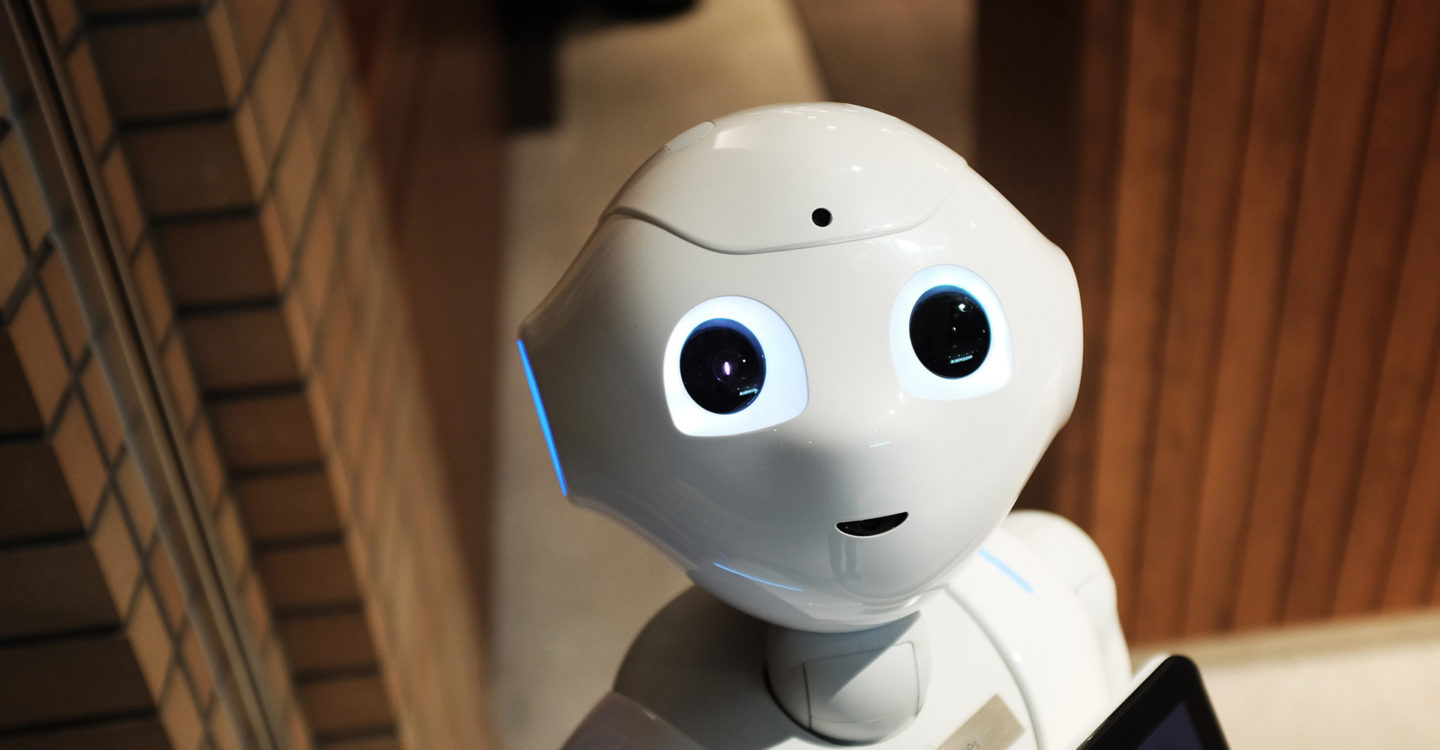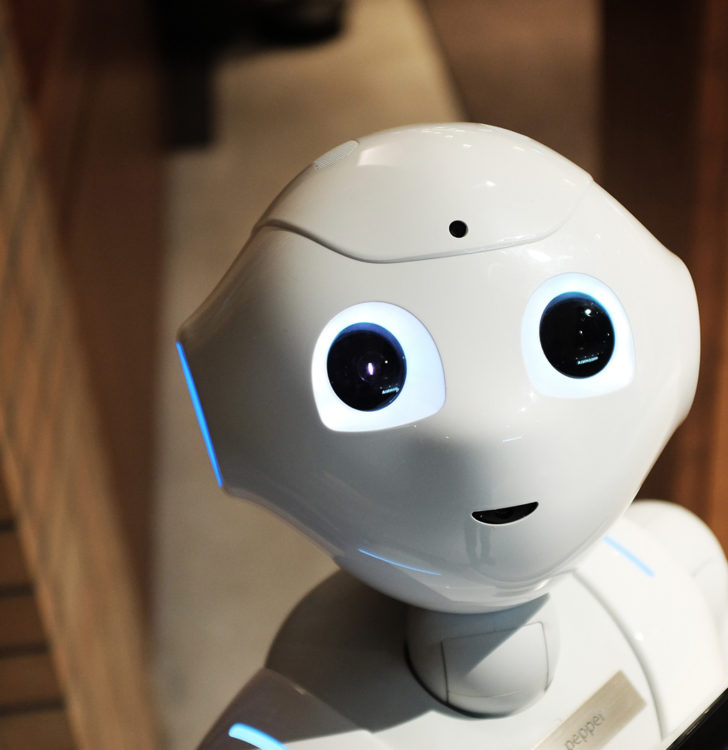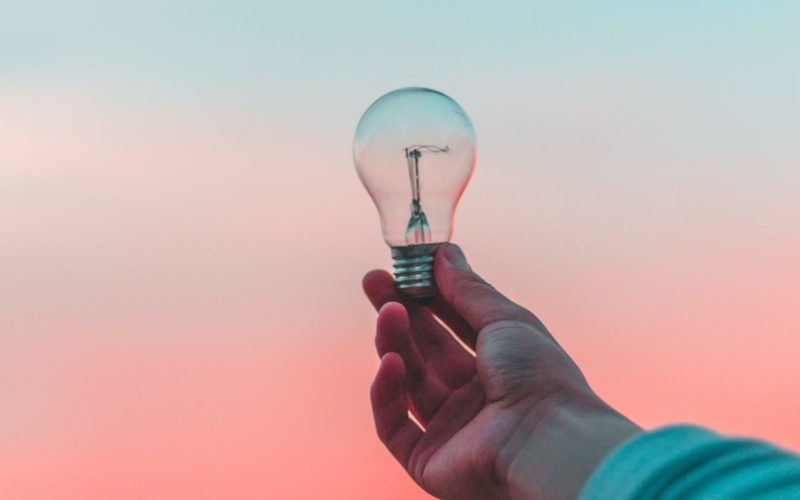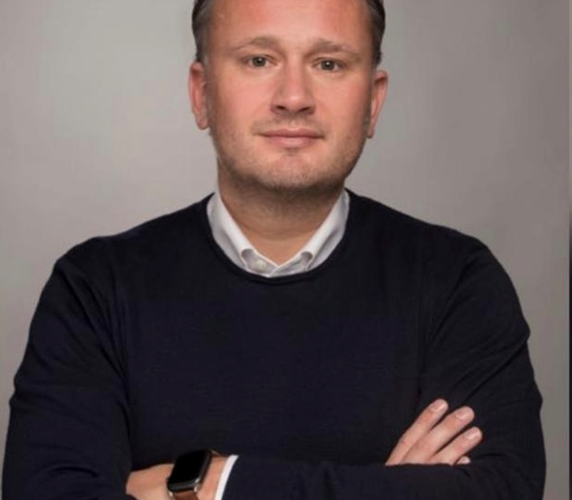Are you worried about the future?
Will I be replaced by Artificial Intelligence? What will I do if my line of work becomes automated? How can I possibly learn new skills? All of these questions, and much more accumulate when pondering the Future of Work. Honestly, overcoming the anxiety associated with the mysterious Future of Work may be the hardest obstacle.
So, instead of talking about the computers that can write their own code, robots that’ll take your order, and AI paralegals that can sift through thousands of cases instantaneously, We should ask our self what are actionable insights to ensure job security for the fast approaching Future of Work?
Liberal Arts For The Win
AI excels at technical tasks but struggles with the Bigger Picture.
Critical thinking skills learned through Liberal Arts studies are very important to have in the Future of Work. If I could go back to college, I would pay less attention to my Accounting courses and more to those of Philosophy.
For instance, English majors really understand how to form valuable opinions and argue those important points. Art Majors learn a great sense of visual taste, design skills, and an eye for aesthetic. Let’s not forget about the Philosophy majors that can tap into the wisdom of 3,000 years’ worth of great thinkers.
Generally, Liberal Arts degrees have carried a stigma of useless skills. In the task-oriented, business world, there was no room for creative conversations. But, that was yesterday. Today and tomorrow, intuition and creativity will rule the boardroom. The skills gained in Liberal Arts studies are exactly the skills that will take AI the longest to learn.
There will always be limitations of technology. Right now, the Liberal Arts are a distinct advantage. However, as AI research continues, these creative skills may also be at risk.
That’s why it’s important to define your view of AI, so you can roll with the punches as AI progresses.
And what about your own mindset?
Your view of the Future of Work stems from one of two mindsets:
Do you see the rise of AI as an ally or do you see it as an enemy – something that enhances your job, or competes for it?
The more favorable approach is realizing the potential of AI and using its skills to augment your capabilities – using its strengths as a strength of yours to excel further.
On the flip side, I would advise against entering in a competition with AI. But, if you choose that mindset, then don’t focus on AI’s strengths because you’ll never beat them. Instead, pinpoint AI’s weaknesses and make those your strengths.
Is Creativity The Only Safe Profession?
Many people believe that a computer can’t be creative, that it can’t have an original thought. But, there are early warning signs that this isn’t true. AI is providing to us that it can write pretty well, and may have a future in picking up where Shakespeare left off. Google’s AI art project, Deep Dream, is churning out inspirational (and freaky) art constantly.
So, will AI master the creative output?
Maybe. Even if it does, there’s nothing to worry about the future because beauty is in the eye of the beholder. There will always be a connection between humans and the art they make.
Not to mention, creativity is greatest during times of competition. Commonly, creative communities, foster a healthy competitive challenge of one-upping each other. The Renaissance was so profound because there were hundreds of thousands of people sitting around with nothing to do but be more creative than the next guy. People point to the best period in hip-hop when Biggie Smalls and Tupac Shakur pitted the West Coast against the East Coast, and the styles became distinct.
Instead of AI replacing creative professions, they will enhance them. Man, and machine will work together to ask each other questions that have never been asked before. Creative projects will be heavily influenced by the technology that augments the creative process. Similar to how Andy Warhol had a team of creatives he worked with daily, creatives of the future will have teams of AI to work alongside, bolstering each other’s expression.
In fact, many people even believe the Future of Work isn’t going to be work, but rather a Second Renaissance. The skilled writer, artist, and musician will further use technology as inspiration and creative tools to best express themselves.
So, don’t fret that there will never be any more jobs, ever, in the Future of Work. It’s just a transitional period.
Are you worried about the future? read as well the future of Interim Management




